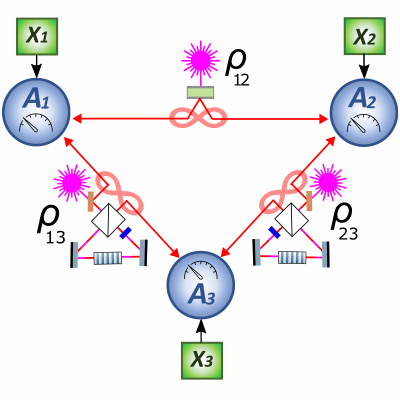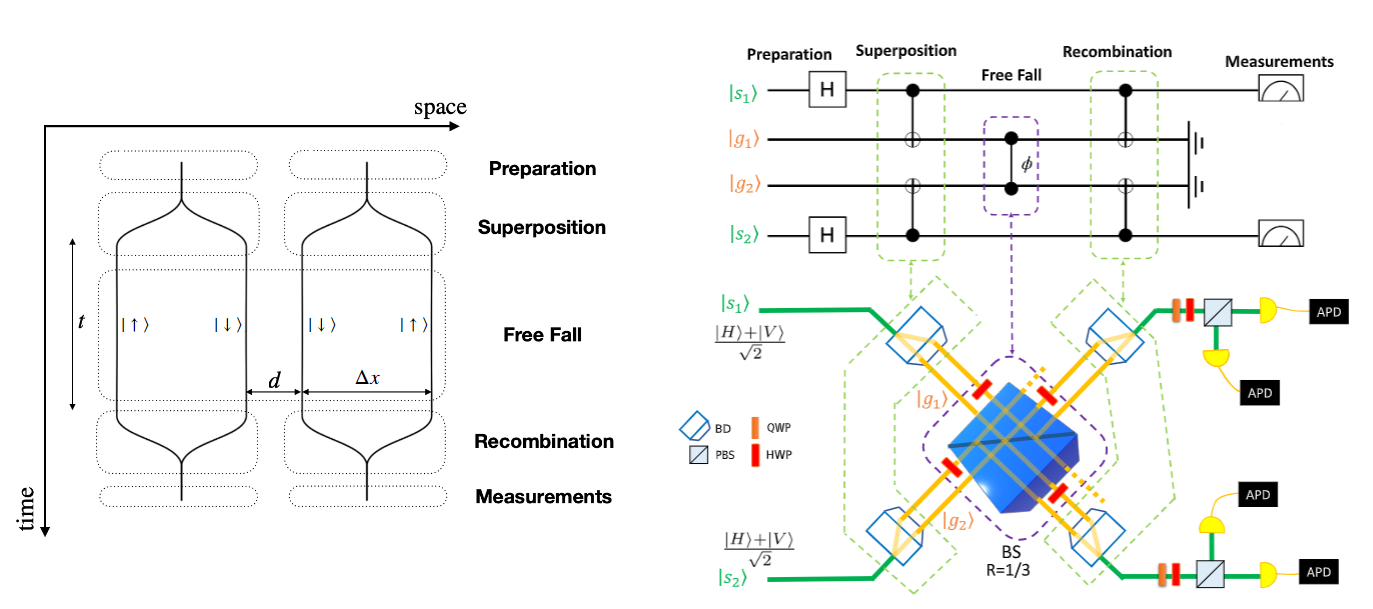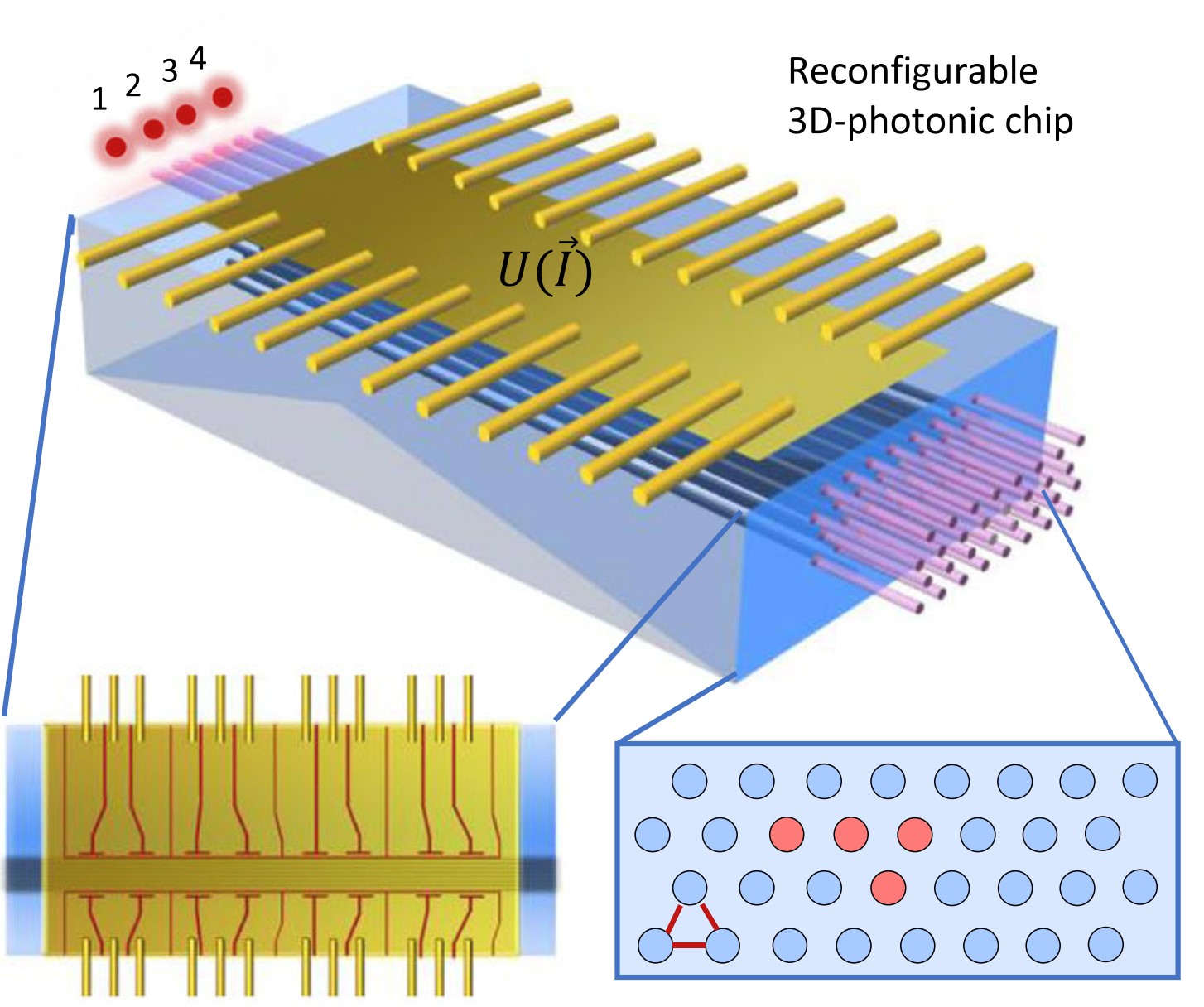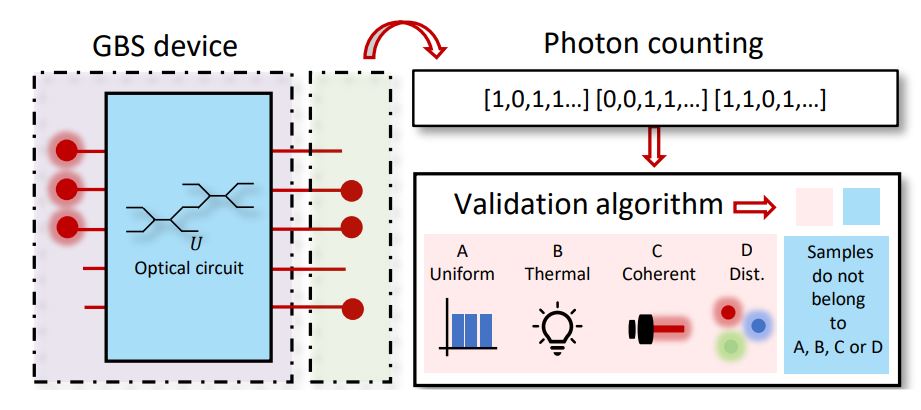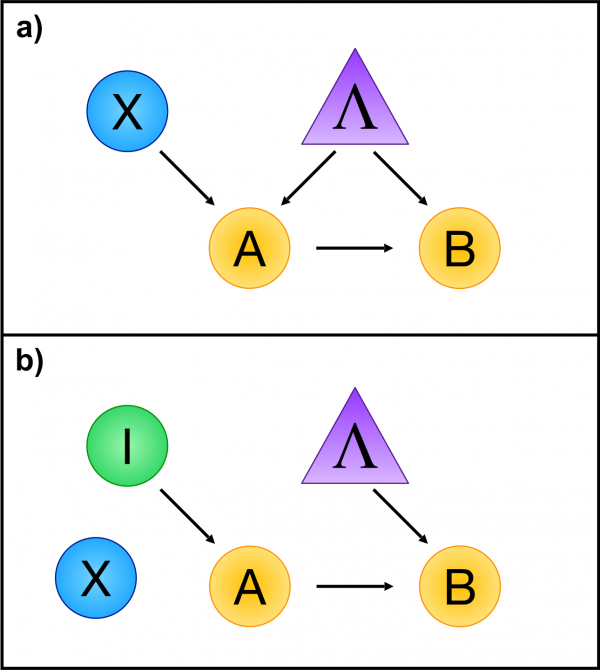Twenty Years of Quantum State Teleportation at the Sapienza University in Rome
Quantum teleportation is one of the most striking consequences of quantum mechanics and is defined as the transmission and reconstruction of an unknown quantum state over arbitrary distances. This concept was introduced for the first time in 1993 by Charles Bennett and coworkers, it has then been experimentally demonstrated by several groups under different conditions … Continua a leggere


